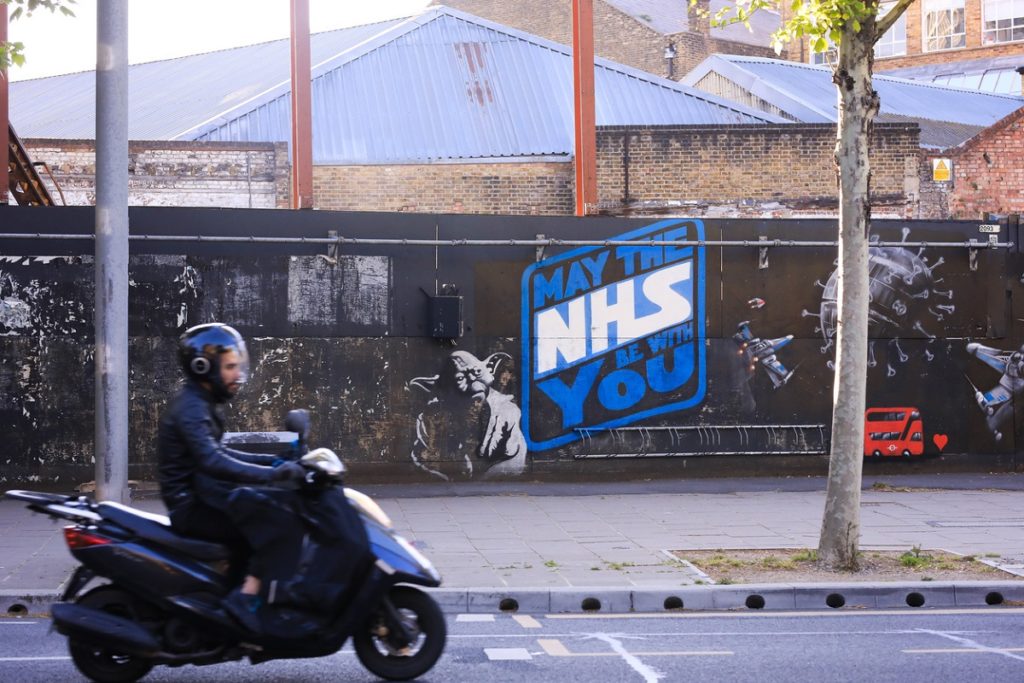If you want to see the future of the NHS, go to Fleetwood. There, the local GP, Mark Spencer, decided he had enough of writing the same prescriptions to the same people year after year. Instead, Dr Spencer decided to get out of the surgery and into the community to encourage people to collectively start taking responsibility for their own health.
The result has been a flowering of initiatives across the town run by and for local people covering everything from weekly singalongs to men’s mental health support. It is an approach that has improved health, reduced demand on the local A&E service and, most importantly, given a lot of people in a deprived area a sense of agency and control over their lives. Being there and hearing testimony of the changes it has made to people’s lives is a genuinely moving experience.
Compare that to the bloodless prose of the just-launched health and social care white paper and you can immediately see the holes in the government’s new vision. It’s a formalistic, typically institutional response to the massive challenges facing the NHS that is completely blind to three overwhelmingly important imperatives.
First, the empowerment of communities do not merit a mention. Fleetwood is just one example of what is happening on the front-line of the public sector particularly in local government. Those delivering services are rapidly recognising that the only way to deal with rising demand is to get communities involved in looking after themselves working as equals with public servants rather than being infantilised.


It’s radical, transformative and spreading. The fact that the white paper sees giving ministers rather than communities more control as the solution to the NHS’s problems indicates how divorced Westminster now is from the reality of public service delivery.
Second, the white paper says nothing about organisational culture. This is a document full of technical changes to structures, responsibilities and processes. But speak to anyone working in the NHS with half an eye open and they will tell you, the organisation’s biggest problem is its culture. It is insanely hierarchical, it moves very slowly, it punishes internal critique, it’s not great at collaboration with other bodies and it rewards technical rather than human skills such as decent communication with patients.
Until this culture is addressed, all the well-meaning structural and legal changes suggested by the white paper designed to improve collaboration and lessen bureaucracy will come to little. Equally, as numerous councils are realising, there can be no shift to a more preventative, community-led model if you can’t shift that paternalistic, ‘we know best’ mindset that has been hard-baked into the public sector over decades.
Finally, the paper makes the same mistake that every government pronouncement on the NHS before it has made: assuming that the NHS is the source of the nation’s health. It’s a misconception captured succinctly in the title of a recent book by the former NHS chief executive Nigel Crisp: ‘Health is made at home, hospitals are for repairs’.
People are much more likely to get and stay healthy if they live fulfilled, happy lives supported by a network of friends and family. Put another way, trying to create a healthier country by improving the NHS while poverty, poor housing, environmental degradation and family breakdown are on the rise is a game no-one can win.
In short, this is not the white paper the country needs. Yes, it is good that the Lansley marketisation reforms have finally been put out of their misery but beyond that the paper betrays a profound lack of awareness of how deeply the NHS needs to change.
We can only hope that sooner rather than later we get a vision of healthcare from Westminster that not only recognises the need for a new community-powered model for the NHS but also sees that the only meaningful route to decent health is a decent society.









